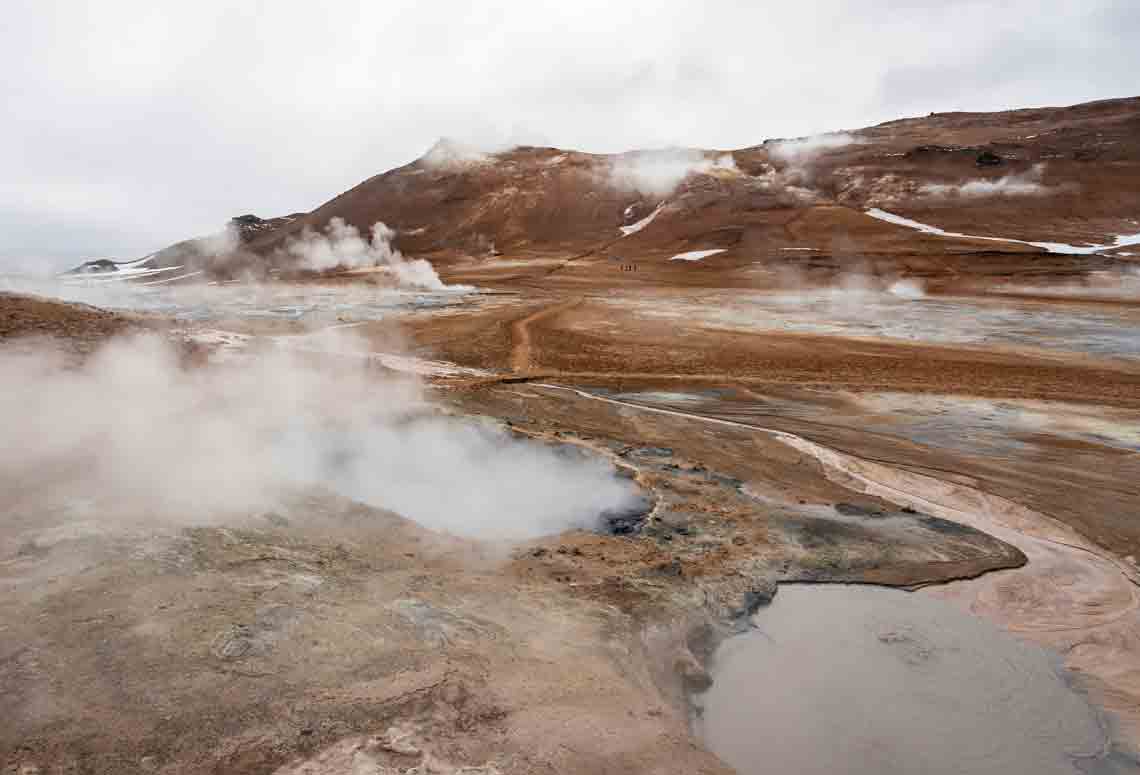Challenge
*IEA (2022), Electricity Sector, IEA, Paris
**IEA (2022), World Energy Outlook 2022, NZE Scenario, IEA, Paris
Meeting the electricity demands of the future, sustainably

*IEA (2022), Electricity Sector, IEA, Paris
**IEA (2022), World Energy Outlook 2022, NZE Scenario, IEA, Paris

Geothermal power is a sustainable and renewable energy source with unique advantages in the energy transition for meeting the electricity demands of the future. Geothermal power uses the heat of the earth to generate electricity by tapping hot water and steam zones deep underground that are continuously recharged naturally.
Because of this resiliency, geothermal can provide "baseload power" 24/7 to support the power grid—rain or shine, windy or not.
The geothermal power market is set for growth. Rystad Energy projects that the global installed capacity for geothermal power generation will almost double by 2030—from the current installed capacity of ~16.9 gigawatt electric (GWe) to 32 GWe.


Traditional geothermal power systems (hydrothermal systems) leverage natural hot water or steam zones underground. These hydrothermal systems have typically been associated with areas of volcanic activity such as the Ring of Fire. But to bring the benefits of geothermal power to other regions, manmade geothermal systems are being explored.
Enhanced geothermal systems (EGS) target areas with hot rock, but limited permeability or fluids, by injecting fluids into the subsurface. This effectively produces a manmade reservoir through which the fluid can circulate and transport heat back to the surface for power generation.
Advanced geothermal systems (AGS) utilize a closed-loop system through which fluids are circulated and heated by heat transfer through the wellbore wall and back up to the surface for energy generation.
While each system is fundamentally different in design and approach to harnessing geothermal energy—including direct use for heating and cooling buildings—they all require in-depth subsurface knowledge and well construction and production expertise to optimize project efficiencies and economics.

Success in any geothermal project requires an informed, interdisciplinary approach that combines innovative science and engineering with significant experience and hands-on project management. Leveraging our leading capabilities in subsurface data analysis, our ability to develop optimized geothermal drilling plans, integrated management and execution, and robust technology, we enable cost-effective geothermal development while maximizing the power they produce.
We provide a full spectrum of geothermal resource development services—from consulting to exploration, drilling, production, resource modeling and management, financial modeling, and operational support.
